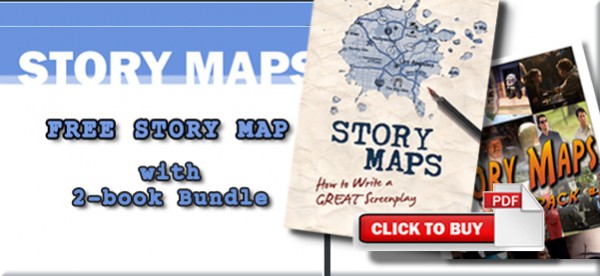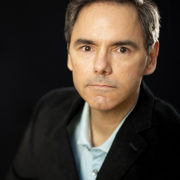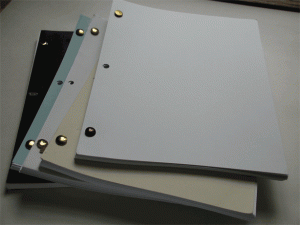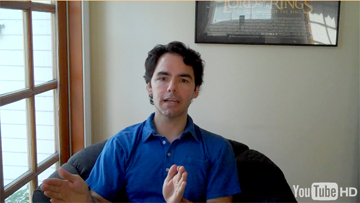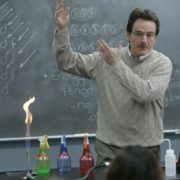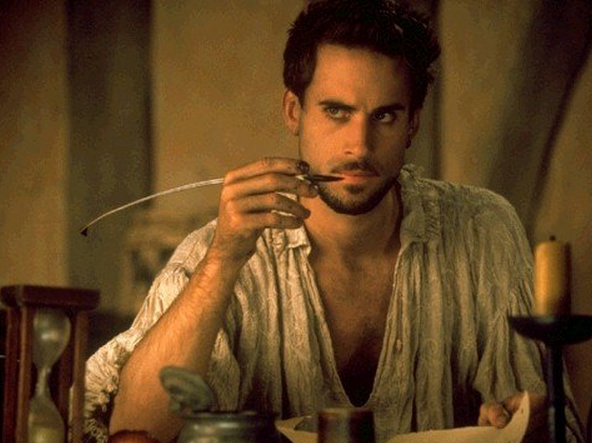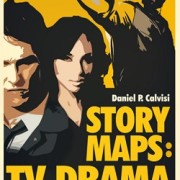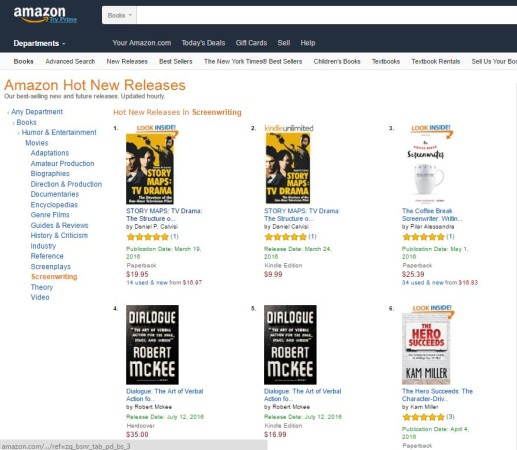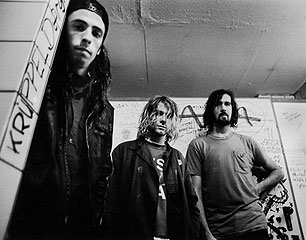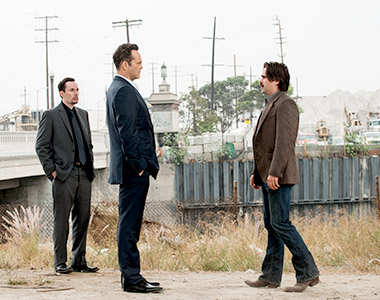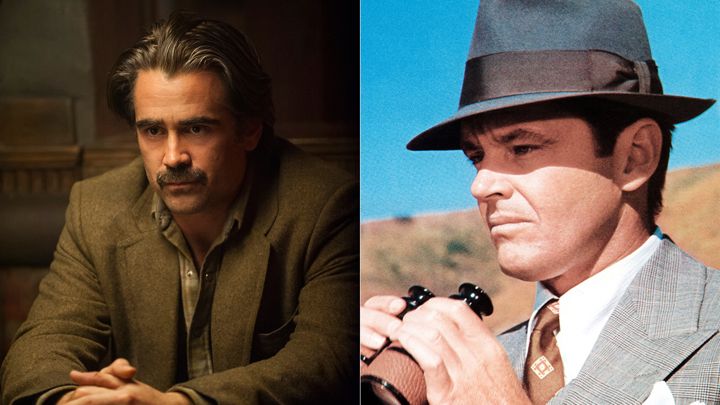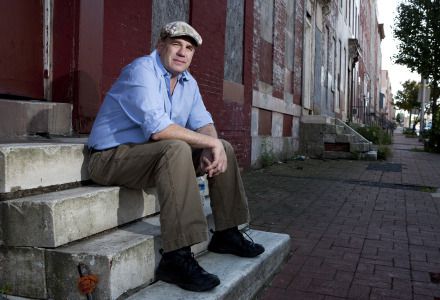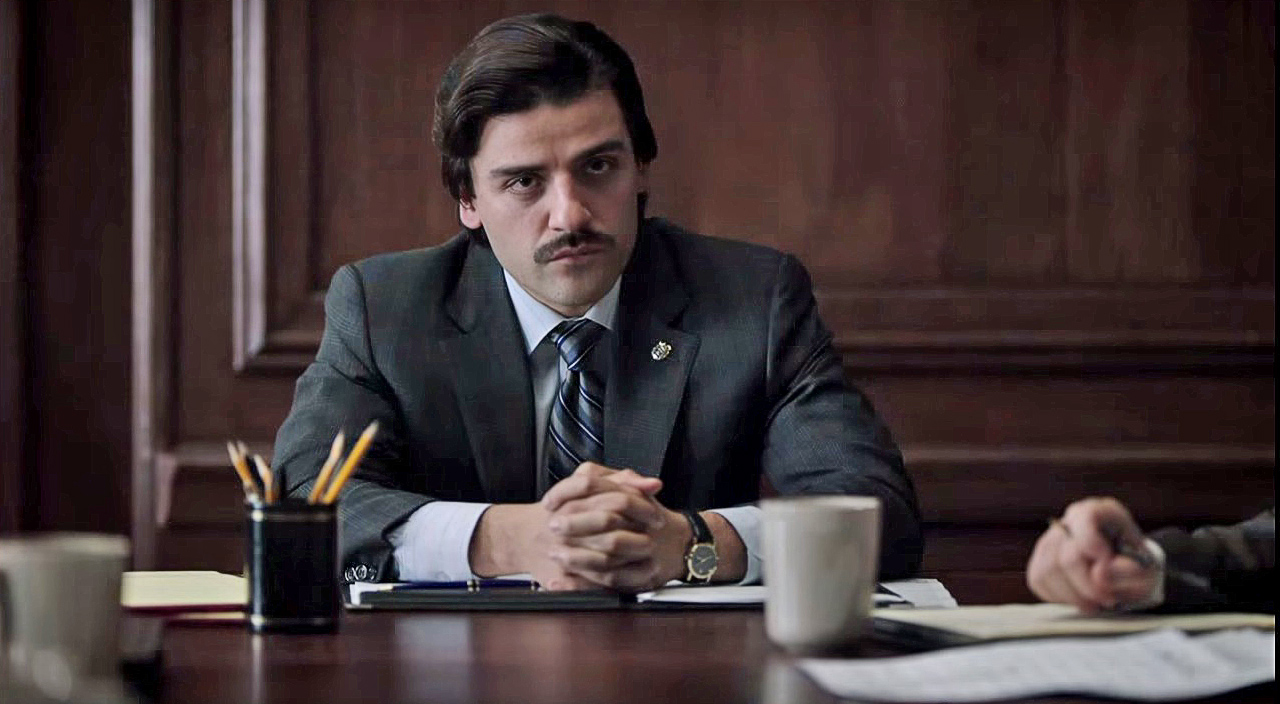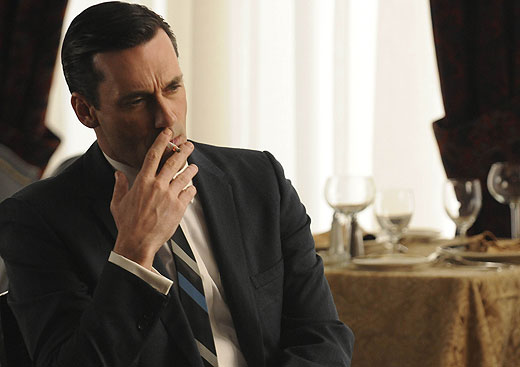AI Script Coverage: is it worth it? by Daniel Calvisi @storymapsdan

We were warned.
“Your scientists were so preoccupied with whether or not they could, they didn’t stop to think if they should.”
-Jeff Goldblum, sexy dino scientist
As a writing coach and a former industry reader, people have been asking me for my thoughts on AI script coverage. When I first learned that writers were turning to AI to analyze their work, I couldn’t believe it. It seemed insane to me. Honestly, it still does. I still can’t help but ask “If you wouldn’t let AI WRITE your screenplay, why would you trust it to EVALUATE your screenplay?”
But I know people are doing it, and I can’t stop them. As I don’t like to talk about things that I haven’t tried, I decided to give it a whirl with some test screenplays. I ended up feeding several different scripts into Google Gemini using my own prompt based on the coverage reports that I used to write for studios. More on the results of my test runs with four sample scripts later.
First, I’ll give you my general takeaways from my experiments with AI “coverage” reports…
- It’s way too nice. Gemini must really want us to like them, because they seemed to heap a lot of praise on every script I fed in. Even the beginner script.
- It doesn’t understand TV structure. The Breaking Bad pilot coverage praised how “the script flawlessly executes a three-act structure.” The only problem is, Vince Gilligan’s Breaking Bad pilot was written in a Teaser + 4 acts structure, NOT a three-act structure. (Note: My book Story Maps: TV Drama also offers a Teaser + 5 breakdown of the Breaking Bad pilot) Bottom line, neither one-hour nor half-hour pilots use a three-act structure. I don’t think Mr. Google Gemini knows that.
- It demands 100% clarity! Forget nuance or subtext or calculated ambiguity, it’s obsessed with EVERYTHING being explained. (See Weapons section below)
- It doesn’t have a sense of humor. Comedy is subjective, but a good reader should be able to recognize if they’re not the target audience of a comedy and express this to the writer. I’ve definitely given notes like “I personally didn’t find this very funny, but then I’m not the audience. This seems to be written for teens, so I suggest you run it by them and see how they react.” AI doesn’t seem to “get” nuances in tone or how comedy can hit different for different generations.
- It struggles to offer actionable suggestions for fixing issues. The AI will say something like “Strengthen Paul’s internal conflict and vulnerability.” Okay, so how do you do that, exactly?
- A positive: it does a decent job of generating a synopsis and logline. But if you do this, make sure to PROOF it before you send to anyone! There may be some serious errors in there. (Also, be aware that you’re taking the risk of uploading your work into “the machine.” More on my feelings about that, below.)
- It doesn’t understand the market or the arc of a writer’s career. This was a huge problem for me. More on this later.

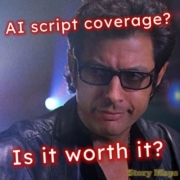




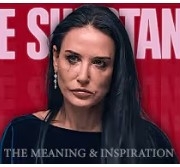

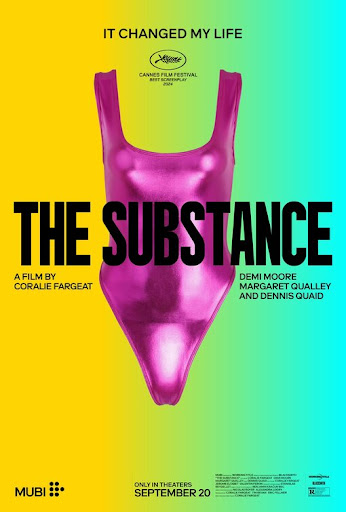
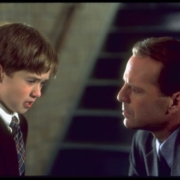
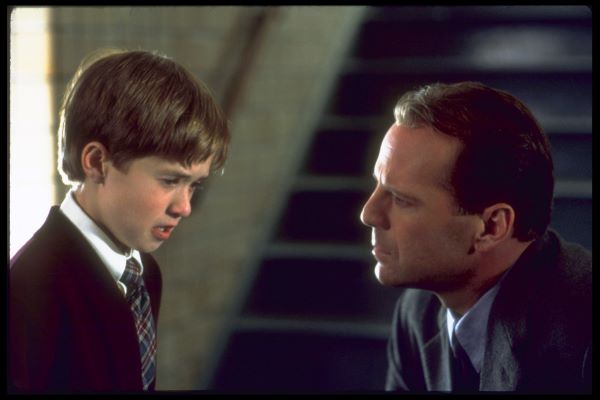
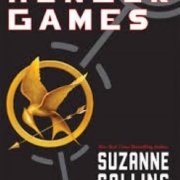

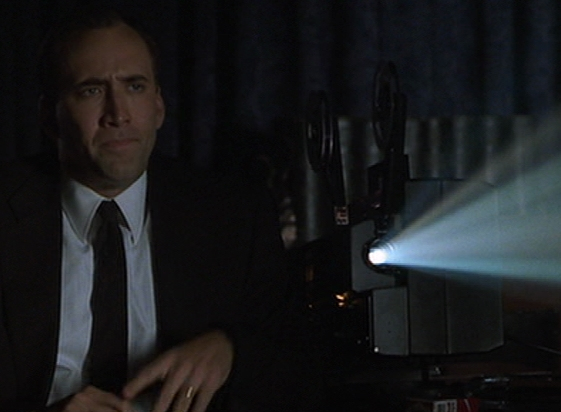

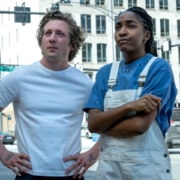
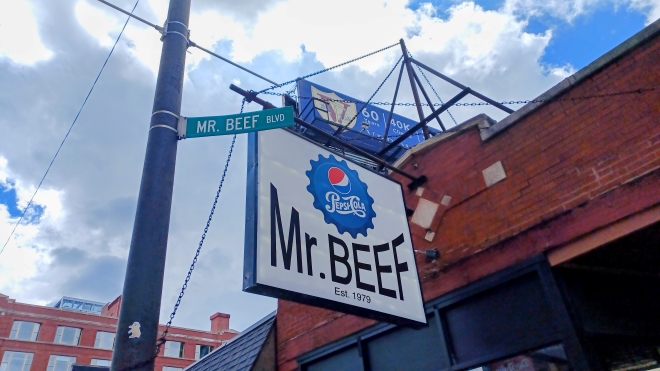


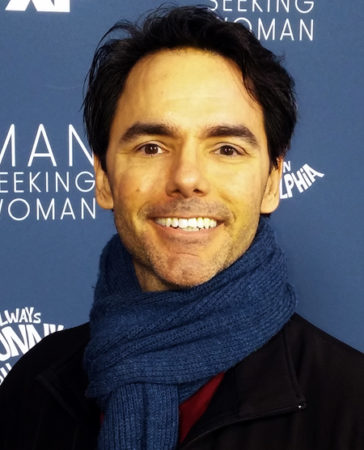 I’d love to help you get on your way, build your story with the strongest foundation possible and ultimately achieve your craft and career goals. If you’d like to work with me, please take a look at
I’d love to help you get on your way, build your story with the strongest foundation possible and ultimately achieve your craft and career goals. If you’d like to work with me, please take a look at 